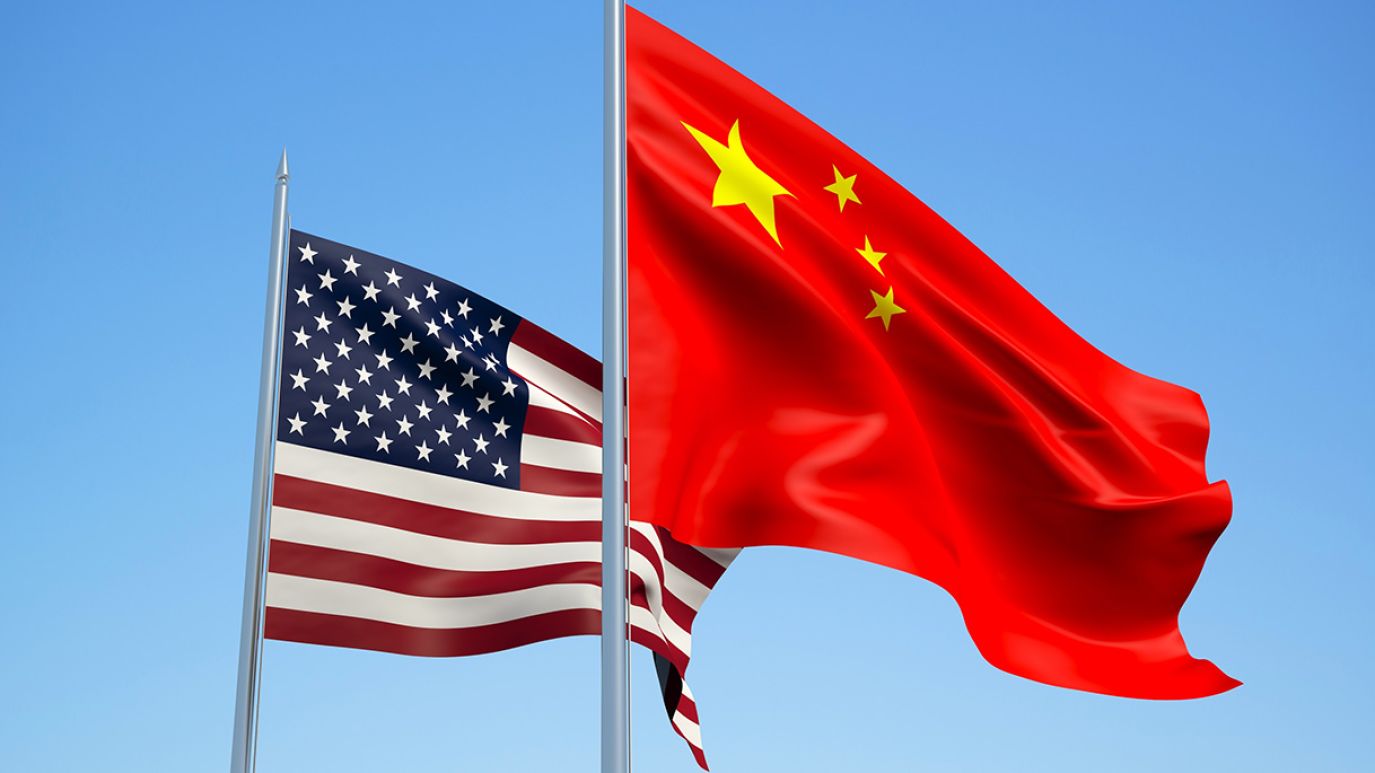US and China up the ante on export controls

Both sides are expanding and tightening export control enforcement of sensitive technologies and export violations that threaten national security in the escalating technology race between China and the West.
In May, the US Justice Department reported that it will expand the number of export control enforcement staff to better police companies that violate US export sanctions to China, Russia, North Korea, and other ‘non-friendly’ actors. The Justice Department plans to add 25 more prosecutors to its National Security Division and hire a chief counsel to build complex national security cases involving corporations.
The enforcement of export control and economic sanctions has become a top priority for the US Government, with other efforts including launching task forces to target illicit actors and encouraging tighter cooperation with Canada, the UK, and the European Union.
Higher penalties for US companies that violate export controls
Recently, the US Commerce Department’s Bureau of Industry and Security (BIS) also announced that it would be making significant changes to its enforcement policy, including higher penalties on companies that have significantly breached violations of export control requirements – a significant breach entails causing a threat to national security. About two-thirds of the Justice Department's corporate criminal settlements since last October implicated US national security.
BIS has also incentivized corporations to come forward if they believe they have violated export controls by reducing by up to one half any penalties resulting from the violation. Notable recent cases include the Seagate enforcement action, which resulted in a $300 million fine for impermissible shipments to a company on BIS’s Entity List (Huawei), and a $635 million criminal penalty for British-American Tobacco Pls for conspiring to violate US sanctions on North Korea.
Separately, at the end of 2022, US Congress passed the Anti-Money Laundering Whistleblower Improvement Act 2023 under the Bank Secrecy Act (BSA). The act expands the definition of whistleblower to include any individual who provides information relating to a violation of the BSA, the International Emergency Economic Powers Act (IEEPA), the Foreign Narcotics Kingpin Designation Act, and/or the Trading with the Enemy Act. It also expanded whistleblower incentives transnationally, with any person from any country providing information on violations entitled to 10 to 30 per cent of any monetary sanctions, with fines often exceeding $1 million.
Restrictions on the export of sensitive Chinese technologies
The tightening of US export control enforcement comes amid a background of restrictive export controls of sensitive Chinese technologies. China’s Ministry of Commerce and Ministry of Science and Technology are finalizing the 2023 Catalogue of Technologies Prohibited or Restricted from Export, which will ban 24 technology categories for export and designates 115 for restrictive exporting.
A new category added to the export ban list is technology related to human cell cloning, genetic editing, and CRISPR (Clustered Regularly Interspaced Short Palindromic Repeats), which is a component of bacterial immune systems that can cut DNA and has been repurposed as a gene editing tool. Photovoltaic wafer manufacturing and laser radar technologies are also included on the restrictive list. China dominates 96% of the global large photovoltaic wafer market. It is the only country in the world that has the technology to produce 182-210mm photovoltaic wafers. China has also made significant progress in Lidar technology, which is essential for autonomous vehicles.
Breaking Huawei
In response, on 31 January, the Biden administration stopped approving licenses for US companies, and companies with US components such as Samsung and TSMC, to export items to Huawei, including those for 4G, Wi-Fi 6 & 7, artificial intelligence, and high-performance computing and cloud. This latest US ban could substantially debilitate Huawei’s cellphone and laptop computer business.
For example, in 2015 Huawei produced 40 million cell phones and had 16.7% of the global market, but under US pressure only produced about 4 million cell phones and had less than 2% of the market in 2022. Huawei’s 5G station business has also been greatly affected.
On top of the sanctions placed on Russia following its invasion of Ukraine, all of these measures deepen the growing technology race between the West and China, Russia, North Korea, and their allies. China’s Digital Silk Road initiative is an integral weapon in its aim of becoming the dominant global technological player. Conversely, the West has deep concerns about the use of Chinese technology and its potential for espionage and censorship.
To find out more about US-China trade disputes and sanctions, or to discuss Pamir’s expert China risk assessment and advisory services for US companies operating in regions in which there is no level playing field, contact us today. We’ll help you thrive in key markets – and benefit from sustainable strategic programs.
China’s 5G influence in developing economies
China’s Belt and Road Initiative and its digital counterpart, the Digital Silk Road, threaten to displace US telecom and tech companies in developing economies in Africa, Latin America and the Middle East. How can US operators and network providers stand up to the challenge?